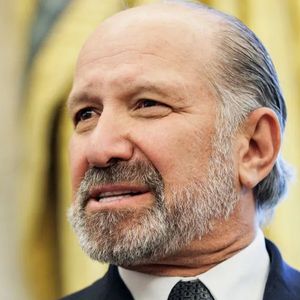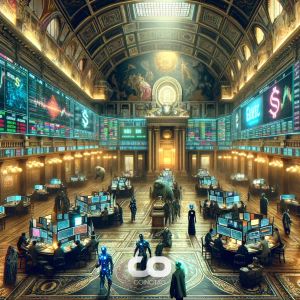Just a day after the U.S. Customs and Border Protection quietly announced a temporary reciprocal tariff exemption for select electronics, Commerce Secretary Howard Lutnick publicly backtracked the move. Speaking to ABC News on April 13, Lutnick said the exemption was short-lived and would soon give way to a broader, more targeted tariff regime focused on semiconductors, smartphones, and computing components. “President Trump has called out pharmaceuticals, semiconductors, and autos,” Lutnick said, pointing to the administration’s sector-based tariff plans. “These aren’t bargaining chips. These are strategic industries that must be rebuilt here at home.” The quick reversal underscores the administration’s firm stance on economic nationalism, particularly regarding goods seen as vital to national security. While the initial exemption had raised hopes of easing tensions with China, Lutnick made it clear the administration isn’t budging on critical supply chains. “We can’t be relying on China for the things we fundamentally need,” he added, drawing a sharp line around sectors the White House deems non-negotiable. Policy Confusion Sends Markets Into a Tailspin The inconsistency in communication over tariff policy didn’t go unnoticed by investors. Stocks and crypto both surged after initial rumors of a 90-day tariff pause began circulating earlier in the week, pumping nearly $2 trillion back into markets. But the rally was short-lived. President Trump later denied the pause, sparking a rapid sell-off. Then, when the administration did in fact issue a reciprocal exemption—albeit briefly—markets bounced again, only to falter once more after Lutnick’s clarification on April 13. “Markets hate uncertainty, and this is a case study in it,” said one Wall Street analyst. “Every time they say one thing and do another, traders get burned.” Strategic or Chaotic? Bloomberg’s Eric Balchunas pointed out that the S&P 500 had surpassed Bitcoin in volatility. According to him, the index hit a volatility score of 74 in April—higher than Bitcoin’s 71. While some see the administration’s tariff flip-flop as poor messaging , others believe it signals a calculated pivot toward long-term economic restructuring. With semiconductors and other tech products becoming modern-day lifelines, Lutnick’s remarks suggest the U.S. is preparing for a more entrenched and strategic trade stance—one that may continue to rattle markets before any sense of clarity returns. The post U.S. Pulls Back Pause on Electronics Tariff, Citing National Security appeared first on TheCoinrise.com .


















